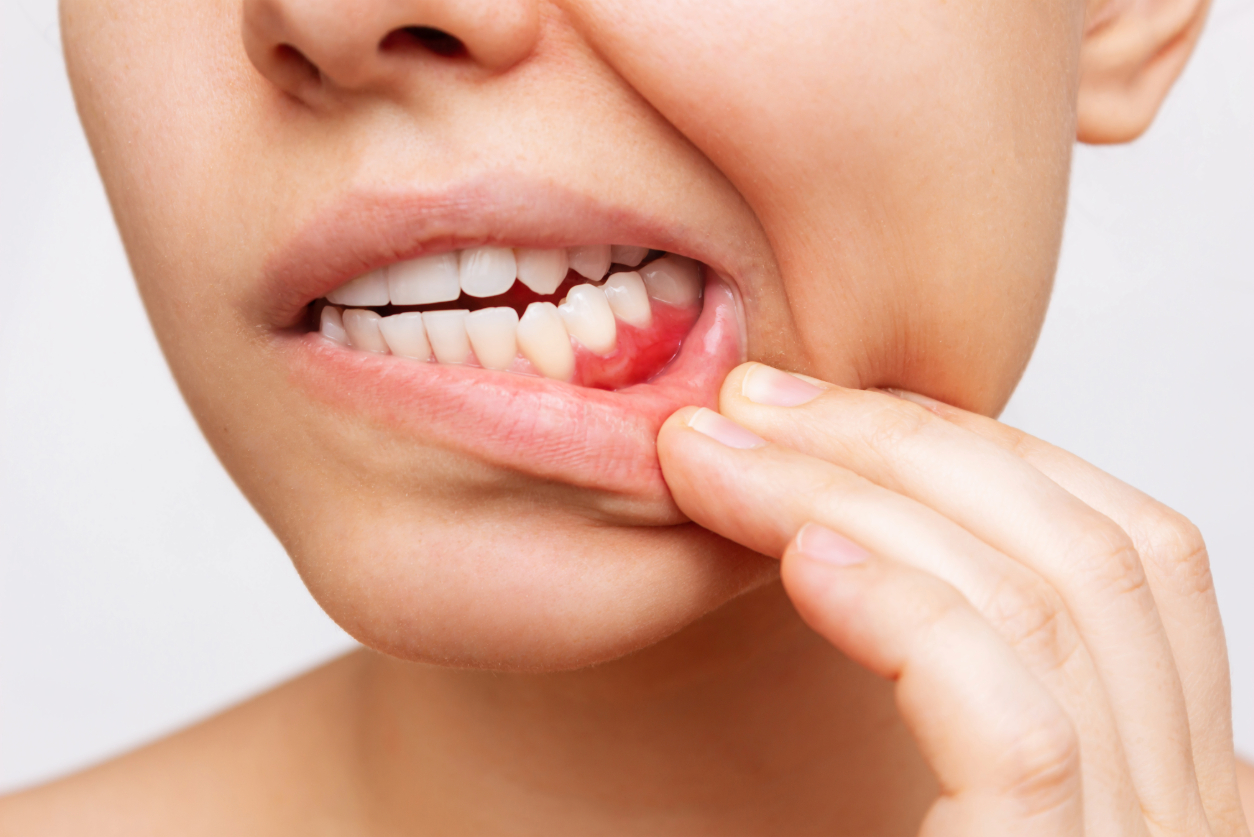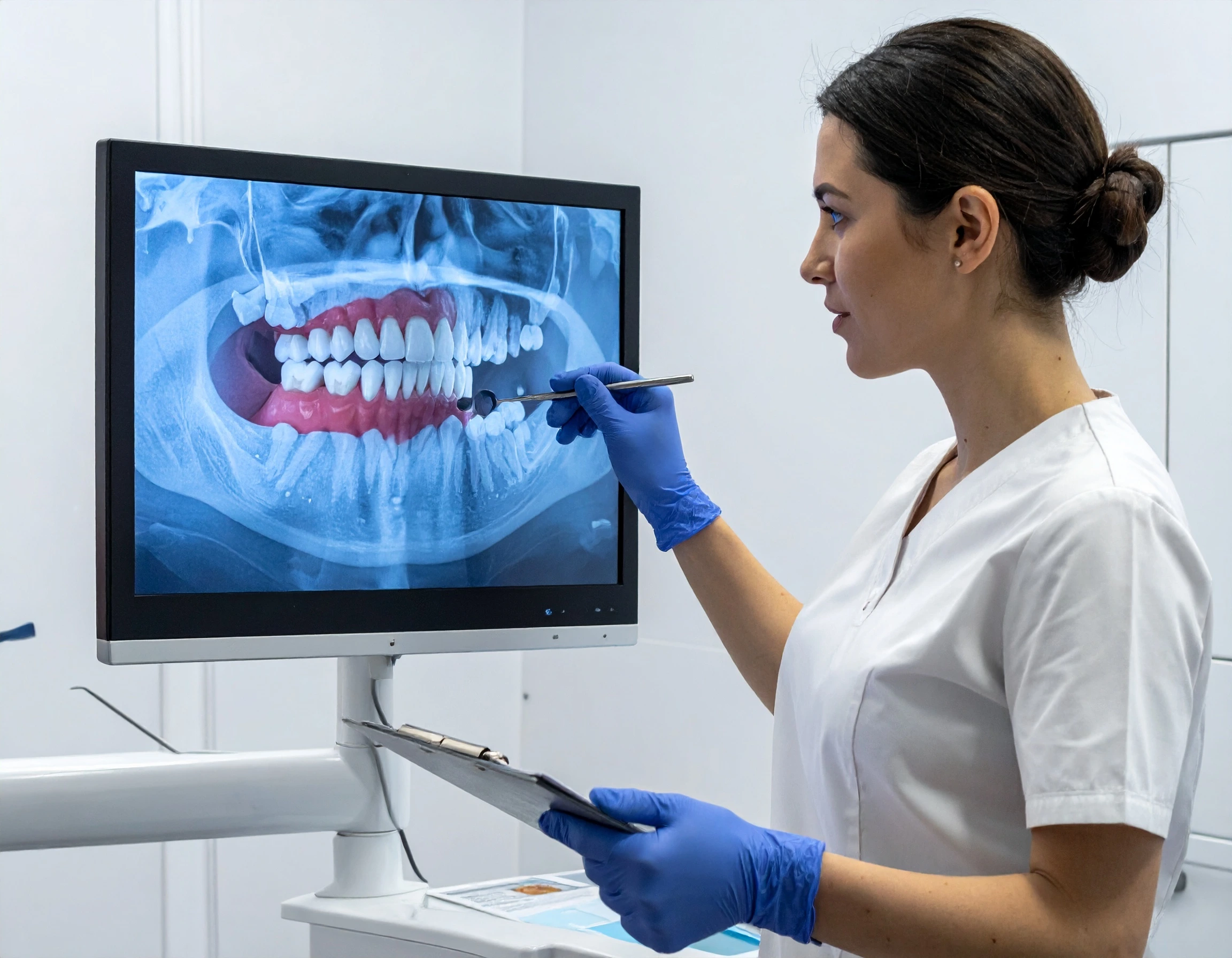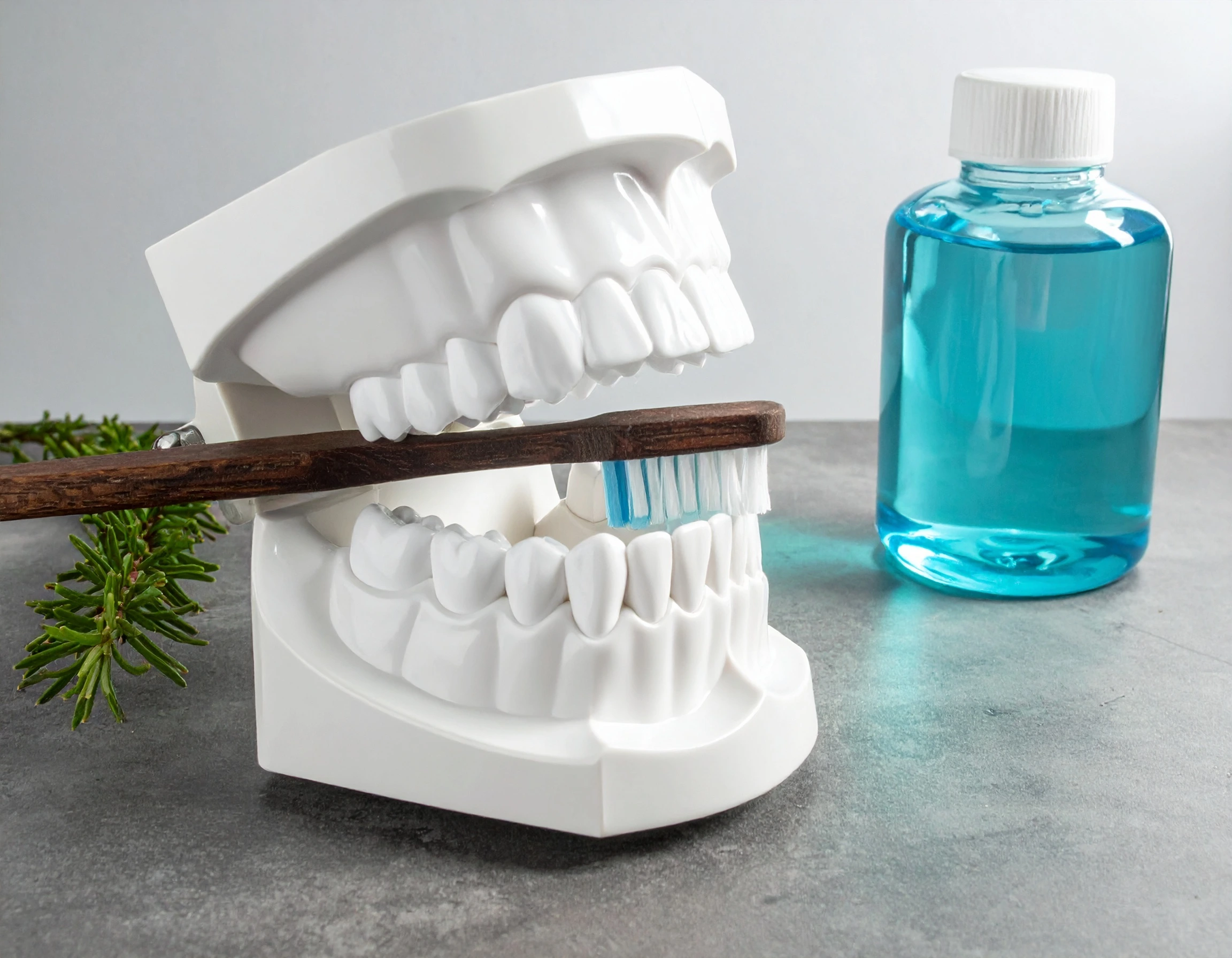


Picture this: you’re rushing out the door in the morning, grab a cup of coffee, skip brushing your teeth, and think, “I’ll just do it tonight.” Sound familiar? Small lapses like these happen to everyone, but over time, neglecting oral hygiene can lead to tooth decay, gum disease, and bad breath. The good news? With a few simple habits and expert guidance, keeping your smile healthy is entirely doable. In this guide, we’ll cover everything from the basics of oral hygiene to prevention, treatment, and expert tips from dentists.
Oral hygiene is the practice of keeping your mouth, teeth, and gums clean and healthy to prevent disease. Proper care helps avoid cavities, gum disease, and infections, while keeping your breath fresh. Beyond aesthetics, oral hygiene is connected to overall health—poor oral health can contribute to heart disease, diabetes complications, and even respiratory issues.
Maintaining oral hygiene isn’t just about preventing cavities. Healthy teeth and gums improve your confidence, make eating more comfortable, and reduce your risk of serious infections. Studies show that people who neglect oral care are more likely to experience chronic inflammation, which affects overall health. Simply put, a clean mouth isn’t just cosmetic—it’s crucial for long-term wellness.

Early warning signs you might be neglecting oral care include:
During a dental visit, your dentist will examine your teeth, gums, and tongue. They may also use X-rays to detect cavities, bone loss, or impacted teeth. Professional cleaning removes hardened plaque (tartar) that regular brushing can’t. Dentists also check for early signs of gum disease, oral infections, or misaligned teeth, ensuring that small problems don’t become serious.

Myth 1: Brushing harder cleans better.
Fact: Brushing too hard can damage enamel and gums; gentle circular motions are more effective.
Myth 2: Only sugar causes cavities.
Fact: Acidic foods and drinks, poor oral care, and dry mouth also contribute to decay.
Myth 3: Mouthwash alone is enough.
Fact: Mouthwash is supplemental; brushing and flossing are essential.
Q: How often should I brush my teeth?
A: At least twice daily—morning and night—for two minutes each time.
Q: Is flossing really necessary?
A: Yes. Floss removes plaque and debris between teeth that brushing alone can’t reach.
Q: Can poor oral hygiene affect my overall health?
A: Absolutely. Gum disease and oral infections have been linked to heart disease, diabetes, and respiratory conditions.
Q: How do I know if I need professional dental cleaning?
A: If you notice plaque, tartar, gum bleeding, or bad breath that persists, a cleaning is recommended.
Q: Can regular dental visits prevent cavities?
A: Yes. Routine exams and cleanings detect early problems, apply fluoride, and prevent decay from worsening.

Take control of your oral health today. Main Street Dental in Vista, CA is consistently rated 5 out of 5 stars, offering expert dental care for the whole family. Don’t wait—schedule your appointment now for a brighter, healthier smile!
Address: 1830 Hacienda Dr. Suite 1, Vista, CA 92081
Phone: 760-295-9870